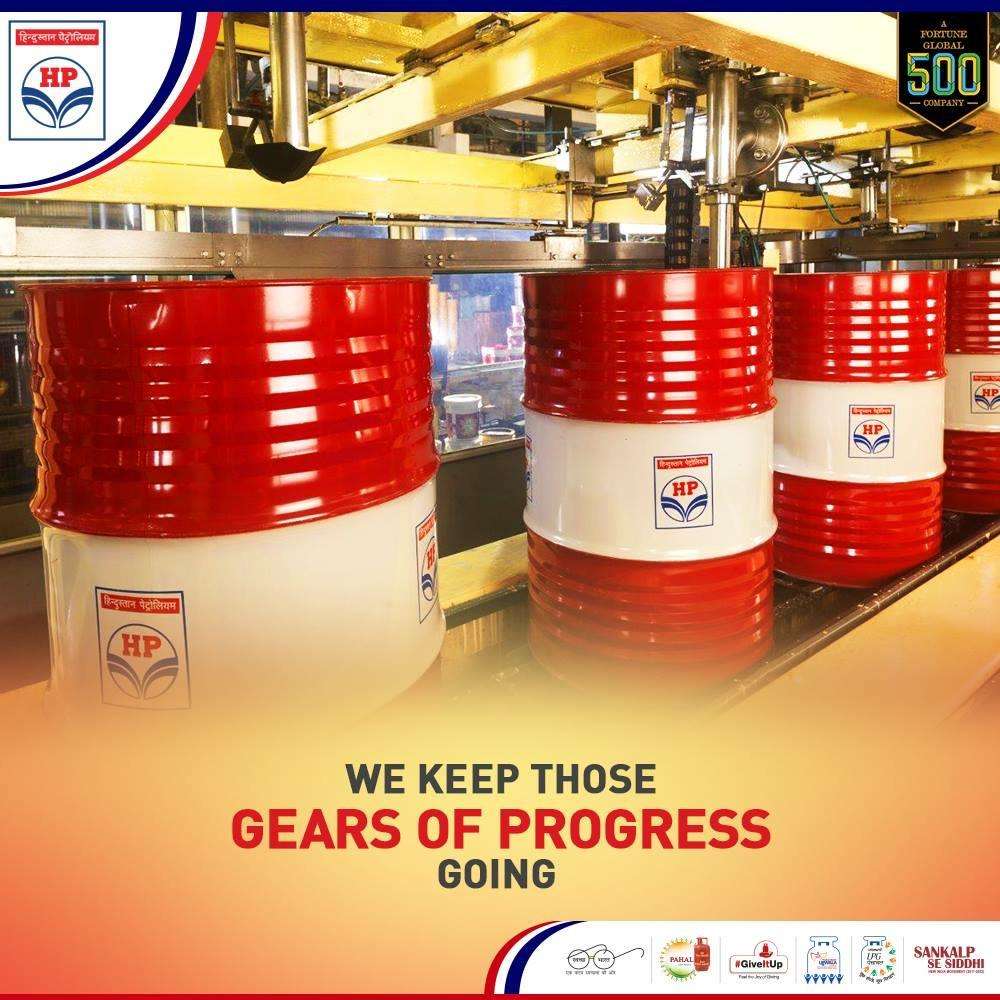In the world of metalworking, quenching oil is an essential component. Whether you are a seasoned professional or a home-based hobbyist, understanding how to use quenching oil can elevate your craft to new heights. This guide aims to provide a comprehensive look at everything you need to know about Quenching Oil—what it is, how it works, its benefits, and how to choose the right one.
What is Quenching Oil?
Understanding the Basics
Quenching oil is a specialized liquid used in the heat-treatment process of metals. Its primary purpose is to cool heated metal rapidly, thereby achieving desired mechanical properties like hardness and strength. The oil is engineered to offer uniform cooling rates, which minimizes the risk of metal deformation or cracking.
Types of Quenching Oils
Various types of quenching oils exist to cater to different metalworking needs. These include fast quench oils, which cool metals rapidly, and slow quench oils, which have a more gradual cooling effect. Each type has its unique properties and applications, making it crucial to select the right one for your specific project.
Why Use Quenching Oil?
Using quenching oil offers numerous advantages over other quenching media like water or air. The controlled cooling rates reduce the likelihood of cracking and distortion, making the process more reliable and efficient. Additionally, quenching oil can improve the surface finish and overall quality of the treated metal.
The Science Behind Quenching
Heat Transfer Mechanics
The quenching process involves rapid heat transfer from the metal to the quenching medium. Quenching oil is designed to absorb this heat quickly, facilitating a fast, uniform cooling process. The thermal properties of the oil ensure that the metal undergoes minimal stress during cooling, thus preserving its structural integrity.
Viscosity and Cooling Rate
The viscosity of quenching oil plays a significant role in determining its cooling rate. Higher viscosity oils tend to cool at a slower rate, making them ideal for metals that require gradual cooling. Conversely, low-viscosity oils are better suited for applications that demand rapid cooling to achieve specific hardness levels.
Additives and Their Functions
Modern quenching oils often contain additives to enhance their performance. These can include anti-oxidants to prolong oil life, wetting agents to improve heat transfer, and corrosion inhibitors to protect the metal from rust. Understanding these additives can help you choose the best quenching oil for your needs.
Benefits of Using Quenching Oil
Enhanced Metal Properties
One of the primary benefits of using quenching oil is the enhancement of metal properties. The controlled cooling process results in improved hardness, strength, and durability. This makes the metal more suitable for various industrial applications, including automotive parts, tools, and machinery.
Reduced Risk of Distortion
Quenching oils are specifically formulated to minimize the risk of distortion and cracking. The uniform cooling rate ensures that the metal retains its shape and structural integrity, which is crucial for precision applications. This reliability makes quenching oil a preferred choice in high-stakes metalworking projects.
Cost-Efficiency and Longevity
While the initial cost of quenching oil may be higher than other quenching media, its long-term benefits make it a cost-effective choice. The oil’s longevity means fewer replacements, and its ability to enhance metal properties can reduce the need for additional treatments. Over time, this translates into significant cost savings.
Choosing the Right Quenching Oil
Assessing Your Needs
The first step in choosing the right quenching oil is to assess your specific needs. Consider factors like the type of metal you are working with, the desired mechanical properties, and the cooling rate required. Understanding these variables will help you make an informed decision.
Comparing Different Brands
Not all quenching oils are created equal. Different brands offer various formulations, each with its unique set of properties. Take the time to compare different options, read reviews, and consult with experts if necessary. This research will ensure that you choose a quenching oil that meets your requirements.
Safety Considerations
Safety should always be a priority when working with quenching oil. Ensure that the oil you choose is compatible with your equipment and adheres to safety regulations. Proper storage and handling are also crucial to prevent accidents and ensure the longevity of the oil.
How to Use Quenching Oil Effectively
Preparing the Metal
Before quenching, it is essential to prepare the metal properly. This involves heating it to the desired temperature and ensuring that it is free from contaminants. Proper preparation will enhance the effectiveness of the quenching process and result in better quality metal.
The Quenching Process
The quenching process itself involves immersing the heated metal into the quenching oil. It is crucial to follow the manufacturer’s guidelines regarding immersion time and agitation. Proper technique will ensure uniform cooling and prevent defects in the metal.
Post-Quenching Steps
After quenching, additional steps may be required to achieve the desired properties. This can include tempering, which involves reheating the metal to a specific temperature and then allowing it to cool gradually. These post-quenching steps are vital for fine-tuning the metal’s properties.
Common Myths About Quenching Oil
Quenching Oil is Dangerous
While it is true that Quenching Oil is flammable, proper handling and storage significantly mitigate this risk. Following safety guidelines and using appropriate equipment can ensure a safe and effective quenching process.
Water is Just as Good
Water and quenching oil serve different purposes and are not interchangeable. While water can cool metal quickly, it lacks the control and uniformity that quenching oil offers. Using water can result in increased risk of cracking and distortion.
All Quenching Oils are the Same
Different quenching oils are formulated for specific applications and metals. Understanding the unique properties of each type is crucial for selecting the right one for your needs. Assuming all quenching oils are the same can lead to suboptimal results.
Maintaining Quenching Oil
Regular Monitoring
Regular monitoring of your quenching oil is essential to maintain its effectiveness. This involves checking for contaminants, measuring viscosity, and assessing the oil’s overall condition. Regular monitoring can help you identify issues early and take corrective action.
Filtration and Reconditioning
Over time, quenching oil can become contaminated with metal particles and other impurities. Filtration and reconditioning can help restore the oil to its original state, prolonging its useful life. Investing in quality filtration equipment can result in significant cost savings over time.
Proper Storage
Proper storage of quenching oil is crucial to maintain its properties. Store the oil in a cool, dry place, away from direct sunlight and sources of contamination. Proper storage will ensure that the oil remains effective for longer periods.
Conclusion
Quenching oil is an invaluable tool in the world of metalworking. Its ability to provide controlled cooling, enhance metal properties, and reduce the risk of defects makes it an essential component in various industries. By understanding the science behind quenching, choosing the right oil, and following best practices, you can achieve exceptional results in your metalworking projects.


